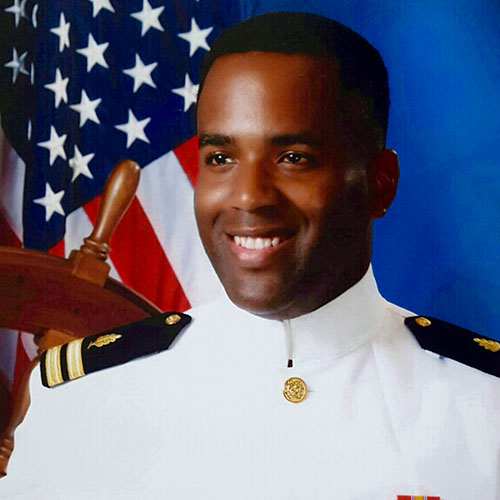Confidentiality for Service Members Seeking Therapy
Psychotherapy can be a rewarding and life changing experience. There are several factors service members and their families should consider when engaging in mental health treatment. This article focuses specifically on how service members can maximize their confidentiality and limit unintended consequences of seeking treatment.
In a classic meta-analysis that combined the results of 475 outcome studies, researchers found the average therapy client were better off than 80 percent of those who need therapy but remain untreated (Smith, Glass, & Miller, 1980). More recent research has found that a strong relationship between therapist and client, the client’s belief in the treatment, and a clear explanation of the client’s presenting problem good were predictive of good treatment (Lambert, 2004; Spielmans, Pasek & McFall, 2007). Despite the known effectiveness of psychotherapy, there continues to be significant barriers and stigma attached to mental health treatment. Within the military population there remains an enduring perception that mental health treatment will negatively impact a service member’s career.
The potential for negative career impact centers on the varying levels of confidentiality between civilian psychologists and military psychologists. All psychologists are mandated to break confidentiality to report suspected child abuse, elder abuse, dependent-adult abuse, protect clients from self-harm, and warn identified third parties of imminent harm. However, military psychologists are also required to disclose confidential information to assist in lawful military investigations, conduct suitability screenings/command-directed mental health evaluations, and report spousal abuse or other criminal behavior. Treatment information obtained from military psychologists can be a determining factor in whether a service member is selected for special jobs, overseas duty, deployments, and security clearances. Because military psychologists have dual roles as military officers and providers, conflicts can arise between the best interest of the military and the service member (Kennedy & Zillmer, 2006).
Despite these confidentiality challenges, a skillful military psychologist can balance the military’s need to know and the service member’s privacy by reporting only very specific information germane to fitness for duty. Service members are advised to have an open discussion about confidentiality concerns with their psychologist prior to consenting to treatment. Such a discussion will help service members determine the best option for treatment. An important point of discussion should focus on the psychologist’s note taking practices. Military psychologists typically store therapy notes in an electronic medical records system, which puts military members at risk of having their records accessed by third parties. Again, a skillful military psychologist can minimize incursions into privacy by writing less detailed notes and providing only information related to military fitness.
Civilian psychologists, particularly those in private-practice settings, typically have greater control over client records and can thus limit access to therapy notes. These psychologists offer a greater level of confidentiality and have a professional duty solely to the service member seeking treatment. Engaging in therapy with a civilian does indeed limit the potential for negative career impact. However, service members will want to consider whether the civilian psychologist has sufficient competence in working with the military population and understands military culture. By having a good understanding of confidentiality limitations, service members can benefit from mental health treatment while minimizing damage to their military careers.
References
Kennedy, C. H., & Zillmer, E. (2006). Military psychology: Clinical and operational applications. New York: Guilford.
Lambert, M. J. (Ed.). (2004). Bergin and Garfield’s handbook of psycho-therapy and behaviour change (4th ed.). New York: Wiley.
Spielmans, G. I., Pasek, L. F., & McFall, J. P. (2007). What are the active ingredients in cognitive and behavioral psychotherapy for anxious and depressed children? A meta-analytic review. Clinical Psychology Review, 27, 642–654.
Smith, M. L., Glass, G. V., & Miller, T. I. (1980). The benefits of psychotherapy. Baltimore: John Hopkins University Press.

